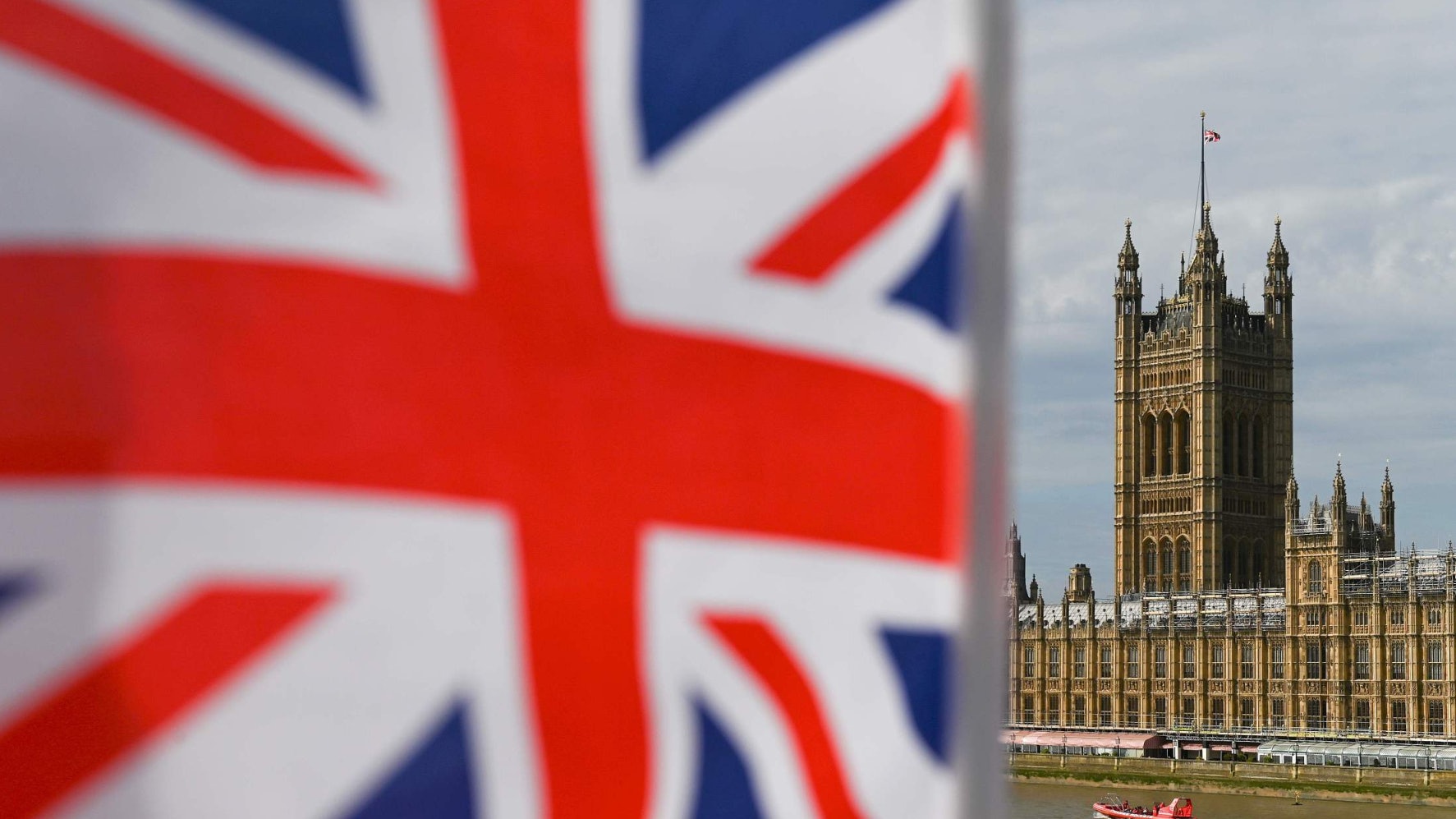British Prime Minister Johnson announced on August 28 that he would arrange for the Queen to give a speech to the National Assembly on October 14. It means that the National Assembly will suspend operations from mid-September until the Queen of England gives a speech and officially begins a new session of Congress. This represents a member of Congress or fails to have enough time to block the bill without a bailout. The Privy Council subsequently announced that Congress will adjourn from September 12 to October 14.
Johnson said that it is planned to end the current session of the Congress after the September 9th debate, and that Congress will resume operations before and after the European Council’s October 17-18 meeting, which will be extremely important. He pointed out that Congress is expected to vote on the Queen’s speech from October 21st to 22nd.
Johnson denied that the practice was to dwarf the role of Congress in Brexit, emphasizing that parliamentarians will have enough time to debate the issue of Brexit and mention that they will begin to contact the opposition and discuss how it will pass in Congress once a new agreement is reached with the EU. protocol.
After the end of the summer vacation period, the National Assembly resumed on September 3, and it was scheduled to suspend the meeting two weeks later, allowing the political parties to hold an annual conference, and then resume in early October. According to traditional British practice, the Queen will suspend the operation of the Congress before giving a speech to the National Assembly. However, as Johnson indicated that the UK will leave the European Union on October 31, the government’s restrictions on the operation of the Congress have caused great controversy.
Tom Watson, the deputy leader of the Labour Party, described it as a shame for British democracy. Scottish Chief Minister Nicola Sturgeon said that unless politicians unite to resist Johnson, it will be the darkness of British democracy.












